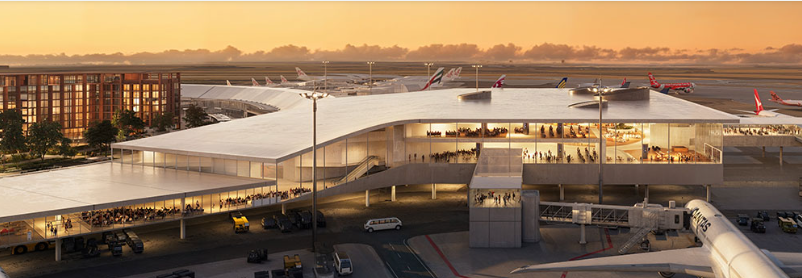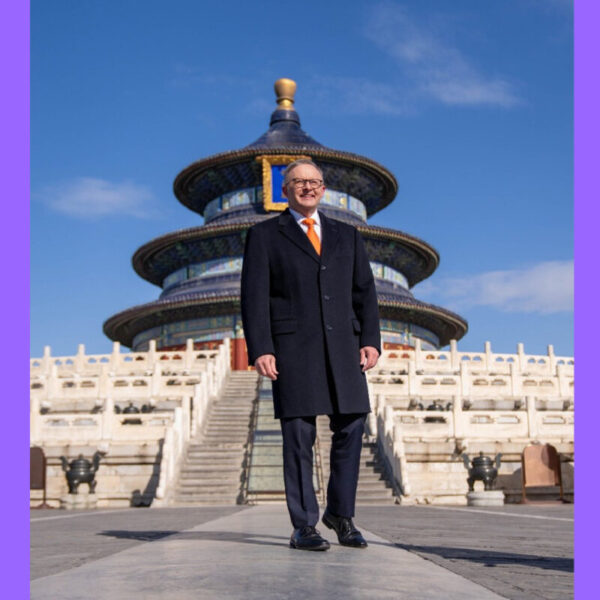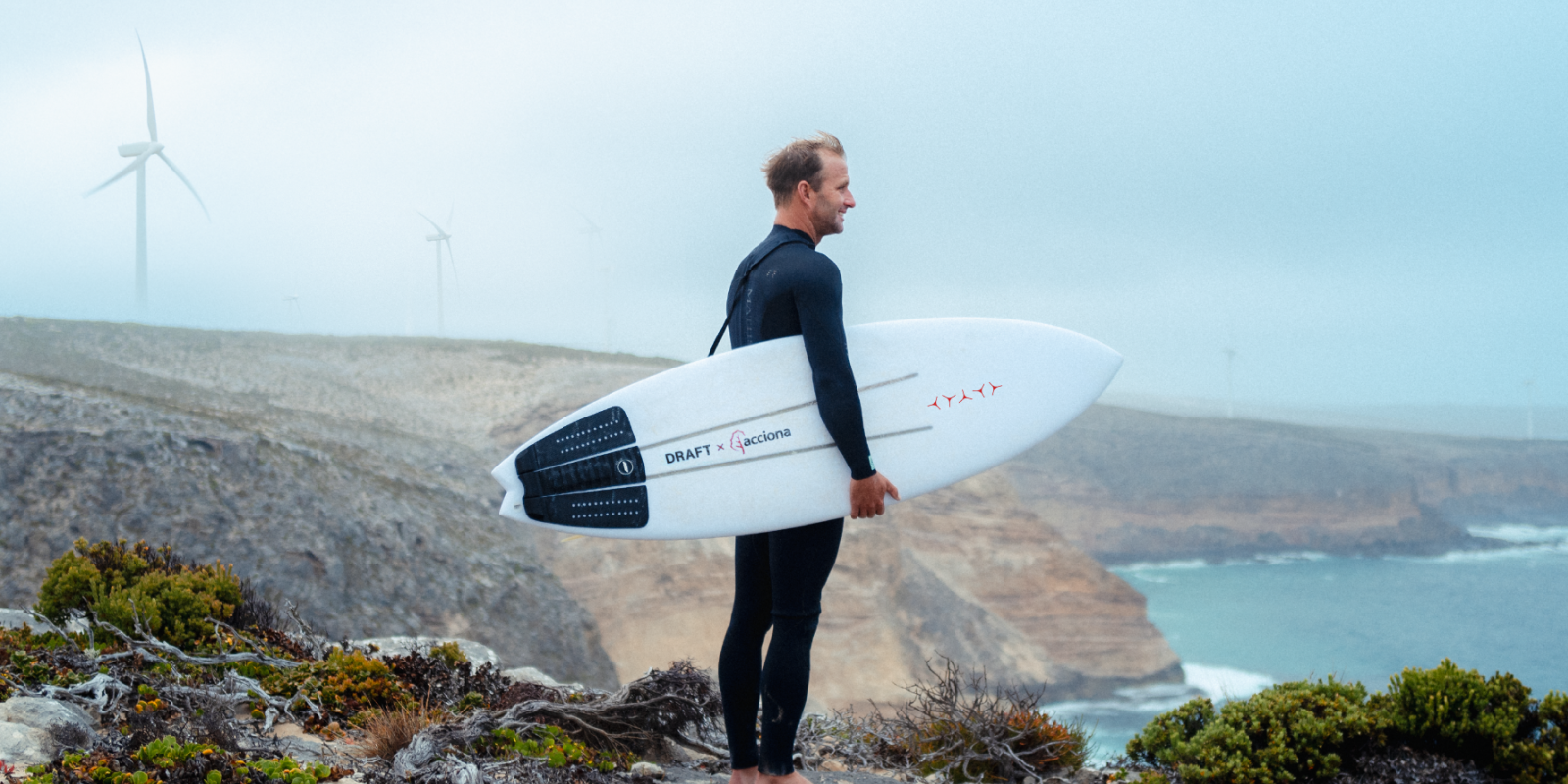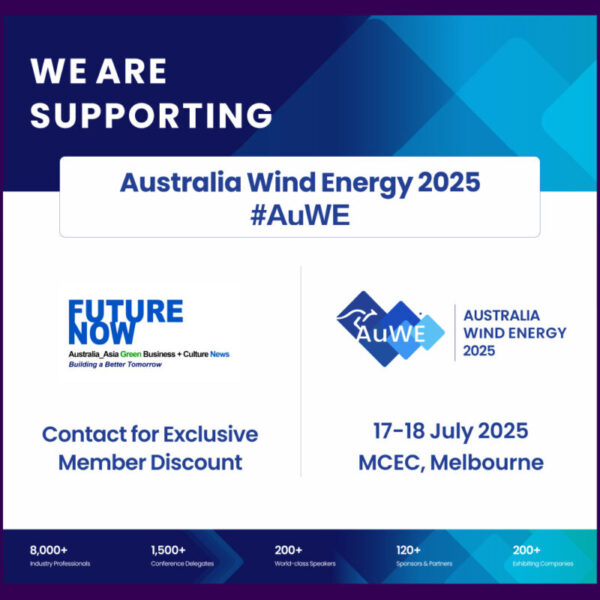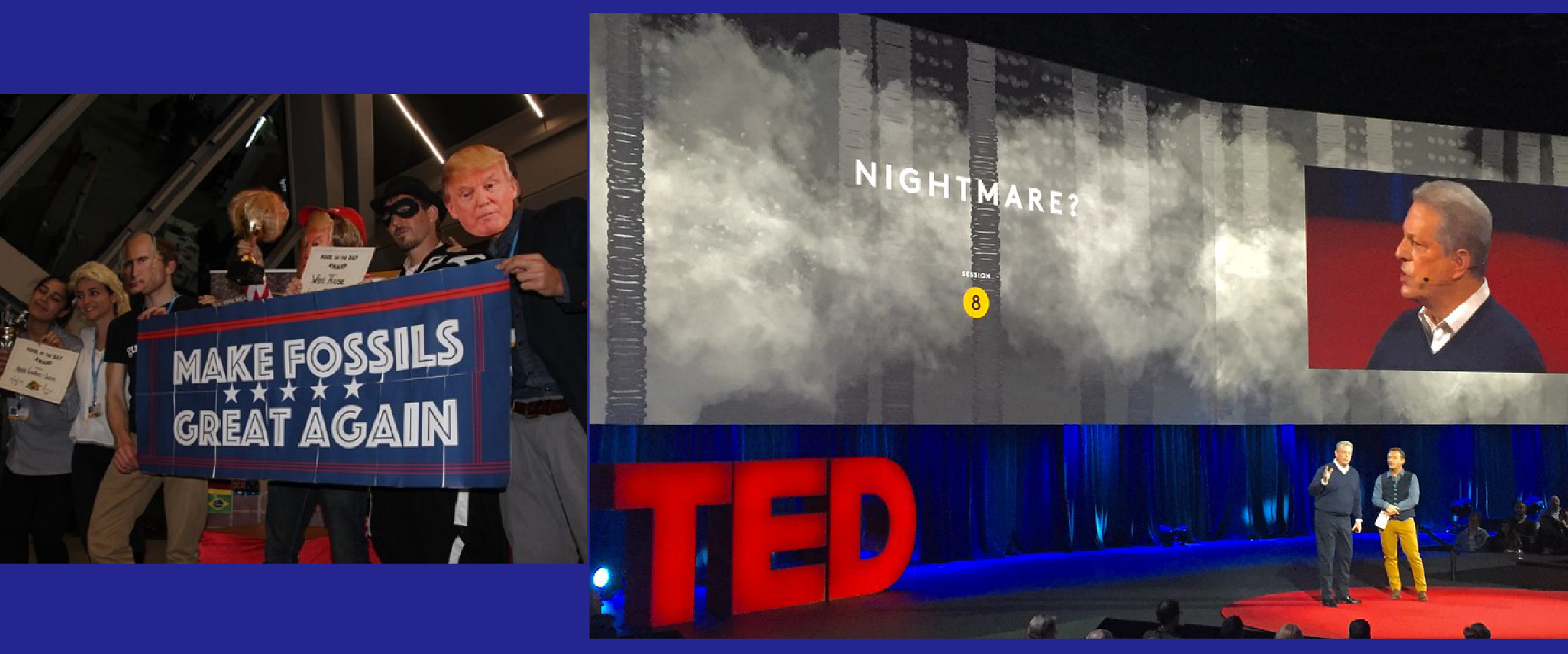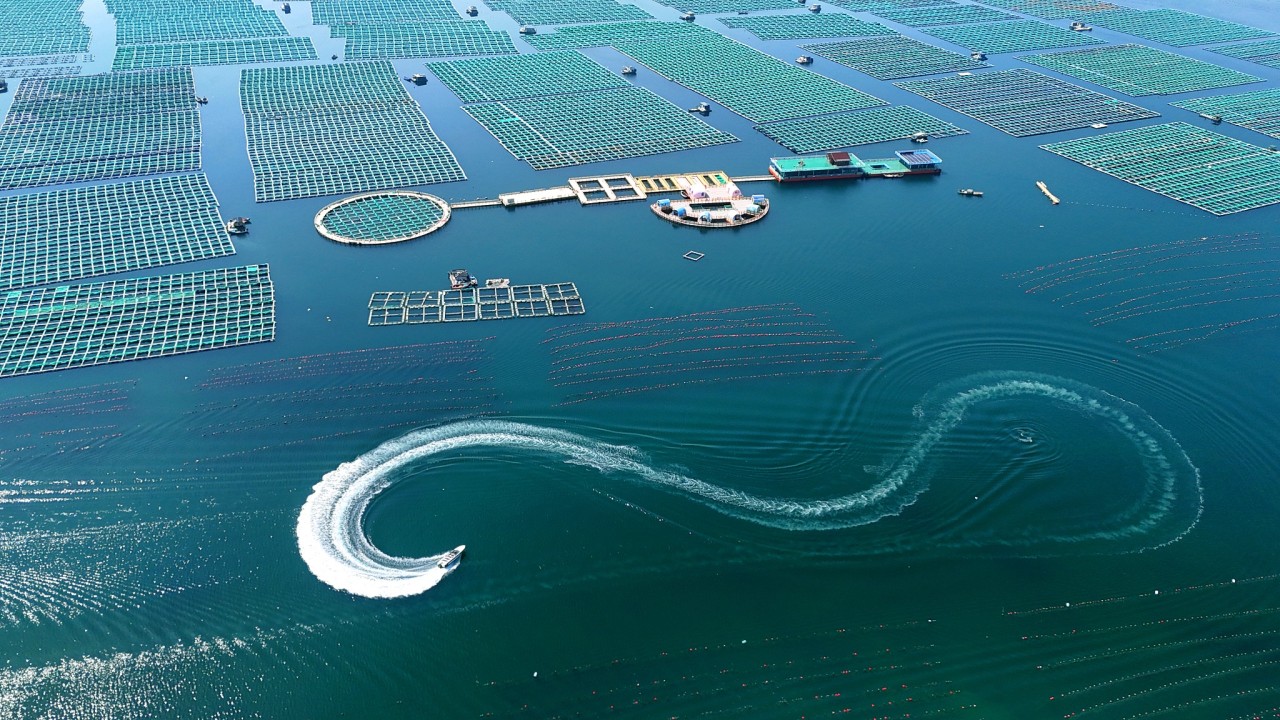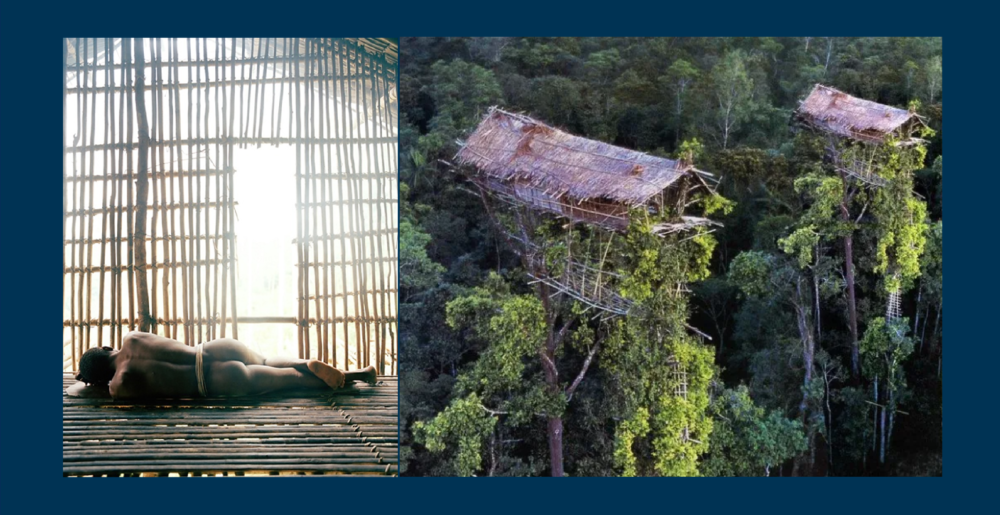Australia, Singapore and the Philippines go to the polls in democratic elections in May – with a combined total population of approximately 50.5 mil + total GDP of approximately USD$2.62–2.67 trillion
Collectively, these three nations represent a significant demographic and economic bloc in the Asia-Pacific region. Their combined GDP accounts for a substantial portion of the global economy, underscoring their influence in regional and international markets.
Australia’s economy is bolstered by its vast natural resources and advanced service sectors. The Philippines benefits from a young, growing population and a strong services industry, particularly in business process outsourcing. Singapore, despite its smaller population, maintains a high GDP per capita, reflecting its status as a global financial and trade hub.
The economic interplay among these countries contributes to the dynamism of the Asia-Pacific region, with each nation offering unique strengths that complement the others in trade, investment, and regional development initiatives.
Regional Trends indicate that Across the Asia-Pacific, climate change is increasingly influencing electoral agendas of Public Concern, Policy Divergence, and International Commitments.
Australia Federal Election 3 May 2025
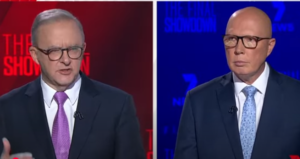 Left: Current Prime Minister Anthony Albanese Right: Peter Dutton
Left: Current Prime Minister Anthony Albanese Right: Peter Dutton
With climate policy emerging as a pivotal issue, as of today, Friday, May 2, 2025, approximately 5.7 million Australians have already cast their ballots ahead of the federal election. This figure represents about 40% of the 18.1 million registered voters, marking a significant increase in early voting compared to previous elections. The election outcome will significantly influence Australia’s climate trajectory, with Labor focusing on renewable energy expansion and the Coalition emphasizing nuclear energy and fossil fuels.
Current Prime Minister: Anthony Albanese – Labor Party
- Net-Zero Commitment: Legislated target to achieve net-zero emissions by 2050.
- Renewable Energy: Aims for 82% renewable energy in the electricity grid by 2030.
- Infrastructure Investment: Supports the $20 billion Rewiring the Nation initiative to modernize the grid.
- Incentives: Provides subsidies for electric vehicles (EVs), home batteries, and hydrogen projects.
Peter Dutton : PM Contestant Coalition Liberal-National
- Policy Shift: Proposes cutting over $30 billion from Labor’s climate and renewable energy programs, including the Rewiring the Nation fund.
- Nuclear Energy: Plans to invest up to $118.2 billion in nuclear energy, aiming to have two reactors operational by the mid-2030s.
- Fossil Fuels: Supports continued use of gas and coal as part of the energy mix
🇸🇬 Singapore General Elections 3rd May
General elections will be held in Singapore on Saturday, 3 May 2025 to elect all 97 members of the Parliament of Singapore across 33 constituencies.
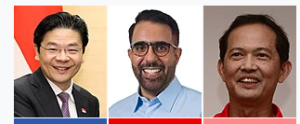
Lawrence Wong Pritam Singh Leong Mun Wa
PAP WP PSP
Under Article 65(4) of the Singaporean Constitution, a parliamentary term lasts a maximum of five years from its first sitting before its automatic dissolution.
The People’s Action Party (PAP) headed by Lawrence Wong, is the 4th Singapore Prime Minister since 2024. PAP won a majority of seats in the 2020 general election in what was its toughest contest since independence, although it still won all but three electoral divisions. Pritam Singh is leader of the The Workers’ Party (WP) and Leong Mun Wai heads up the Progress Singapore Party (PSP).
Lee Hsien Loong’s steped down as prime minister in 2024 – the third Singaporean prime minister from 2004 – 2024 under PAP- and eldest son of Singapore’s first prime minister, Lee Kuan Yew from 1959 -1990.
🇵🇭 Philippines – Midterm Elections – 12 May 2025 – Presidential Elections 2028.
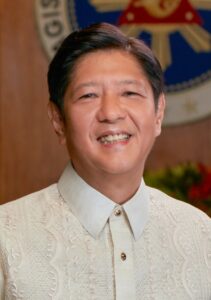
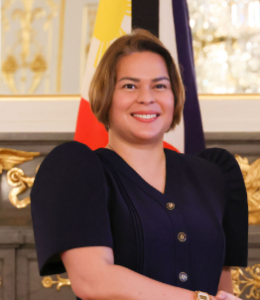
President Marcos Jr. Sara Duterte
The 2025 Philippine general election will be held on May 12, 2025. During this midterm election, where the winners take office mid-way the term of President Bongbong Marcos, all 317 seats in the House of Representatives and 12 of the 24 seats in the Senate will be contested to form the 20th Congress of the Philippines. Despite Marcos Jr.’s popularity in the West, the president is facing domestic political challenges with his approval rating declining from 45 to 30 per cent between September 2024 and February 2025. This coincides with heightened tensions between him and the now-impeached vice president, Sara Duterte, who is the daughter of Rodrigo Duterte, former President from 2016-22.
The Philippines, highly vulnerable to climate-induced disasters, will conduct midterm elections in May 2025. Climate change has become a critical issue, with voters increasingly demanding robust climate action from candidates. Current President, Marcos, is pushing for stronger search for technology and smart, innovative design solutions aimed at building climate-resilient housing, and minimising the effects of natural disasters.
Duterte Sr. was arrested in Manila earlier this month and sent to the International Criminal Court (ICC) in The Hague, where he faces charges of crimes against humanity connected to his extrajudicial “war on drugs.”






